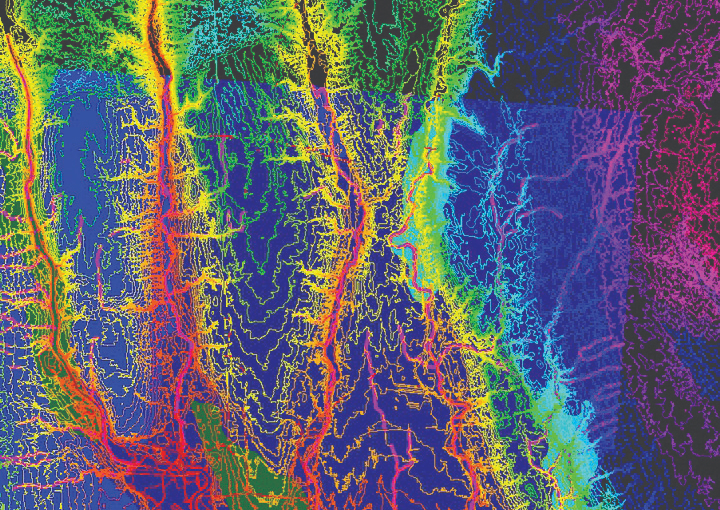English
繁體中文
简体中文

When you savor your favourite sweet and sour pork ribs or pepper steak, you might not realise the hidden impact of your meal. According to CUHK, the rising meat consumption in mainland China is significantly worsening air pollution in less affluent regions. This is deepening the health and environmental divide between the rich and poor. So, your dietary choices are not just about taste—they’re influencing the air quality and lives of many others!

Tick-tock, tick-tock: the climate clock is making an alarming sound, counting down the amount of time we have left to save the earth. Scorching heat and potentially devastating flooding are both on the rise. Two recent CUHK studies have explored what we can do about that: while one is helping the authorities map floods and take contingency measures, the other predicts an ever hotter future, and suggests ways we can mitigate the heat’s most debilitating effects.

Applied geographers use a variety of techniques to understand and explain human-environment relationships and solve real-world problems. The rapid development of geographic information systems (GIS) and other technologies in the past few decades has greatly expanded the reach of applied geography. Professor Kwan Mei-po, internationally recognised for her ground-breaking work that advanced GIS techniques, is dedicated to finding innovative ways to accurately assess people’s environmental exposures and the impact on their health, with an emphasis to capture individual experience.